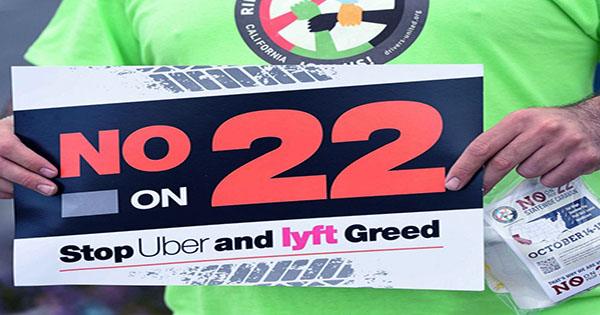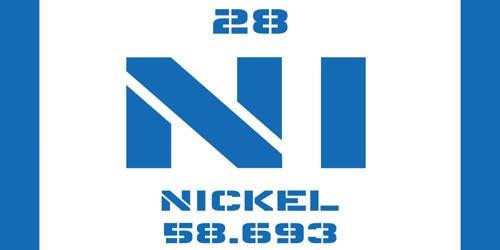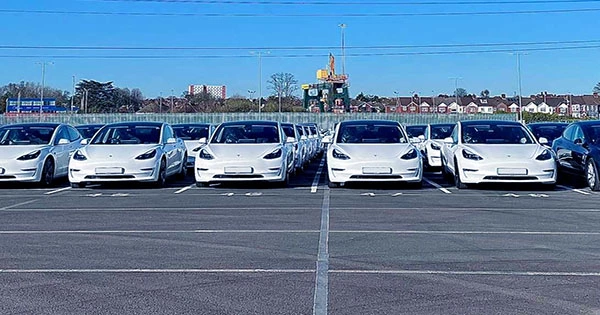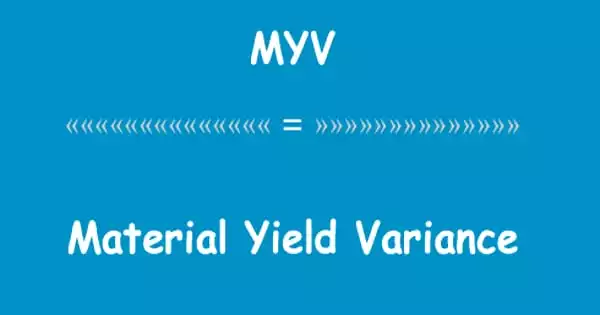Late Friday night, after hitting Uber, Lift, and other Gig worker-centric companies, a high court judge ruled that California Resolution 22, which was passed in 2020 and was designed to overturn the state’s controversial AB-5 law on gig employment status, workers, in violation of the state constitution. Frank Royce, a high court judge in Alameda County across Oakland, Berkeley, and much of East Bay, ruled that the law would limit the “future legislature’s power” to determine the employment status of gig workers.
The lawsuit was filed by the Service Employees International Union (SEIU) in January after the California Supreme Court rejected a similar lawsuit and sent it to a lower court. The court’s decision will almost certainly be appealed and further legal arguments will be expected.
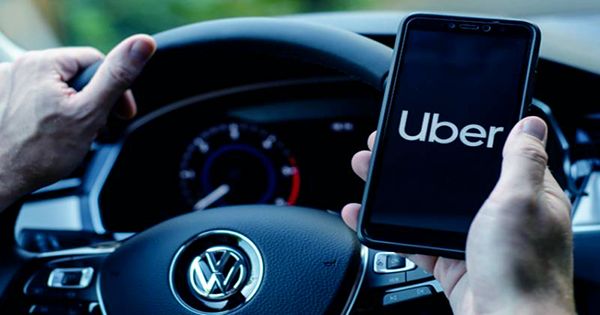
Bob Schoonover, president of SIUU California State Council, said in a statement: “Today’s judgment dismissing Judge Roche’s Proposition 22 may not be clear: the gig industry-funded ballot initiative was unconstitutional and therefore cannot be implemented.” “For two years, drivers have been saying that democracy cannot be bought. And today’s decision shows that they were right. The Supreme Court decision is the latest in a long line of victories and defeats in wars between gig workers like Uber and DoorDash, and companies that rely on unions and advocates representing workers.
At the center of most debates is the legal difference between a freelancer and an employee, and how companies are responsible for the care and benefits of their workers. Such a difference is a big business: Uber, Lift, and other companies spent more than $ 200 million last year pushing Prop 22 to victory. California voters passed the proposal roughly 59% to 41% which was widely considered a big win for gig worker platforms.
Such fights are not limited to Silicon Valley’s own state. In the UK earlier this year, Uber lost a legal battle against its employment classification decision and eventually reinstated thousands of its drivers as workers, a decision that offered them a benefit that was not previously guaranteed. A California judge ruled Friday that a 2020 ballot measure exempting rideshares and food delivery drivers from state labor laws is unconstitutional because it violates the legislature’s power to set workplace standards.
